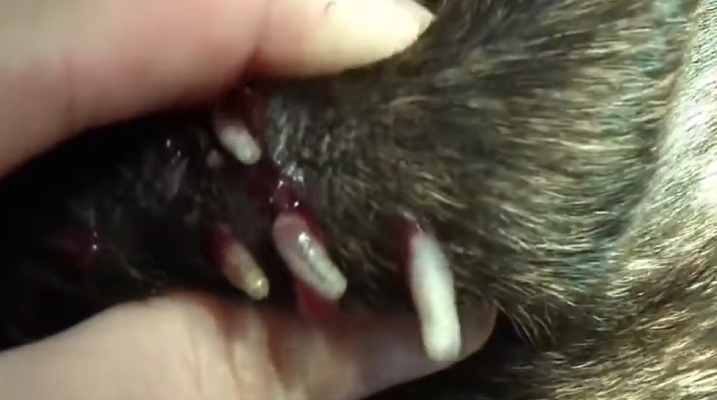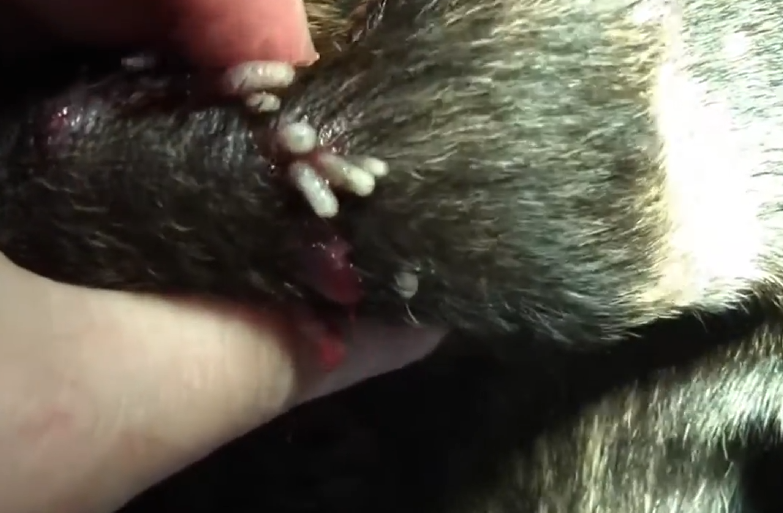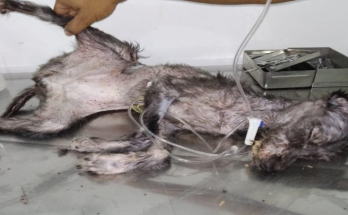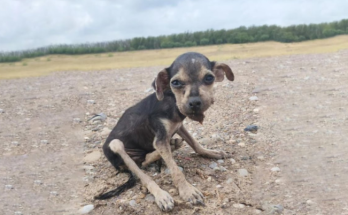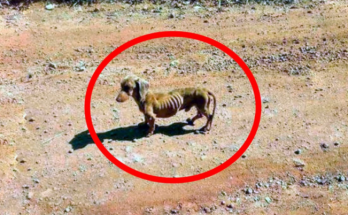In a heartwarming and dramatic rescue, a little dog in Africa has been saved from a severe mango worm infestation, drawing widespread attention and concern. The brave intervention by a local animal rescue team has highlighted the critical need for awareness and preventive measures against parasitic threats in pets.
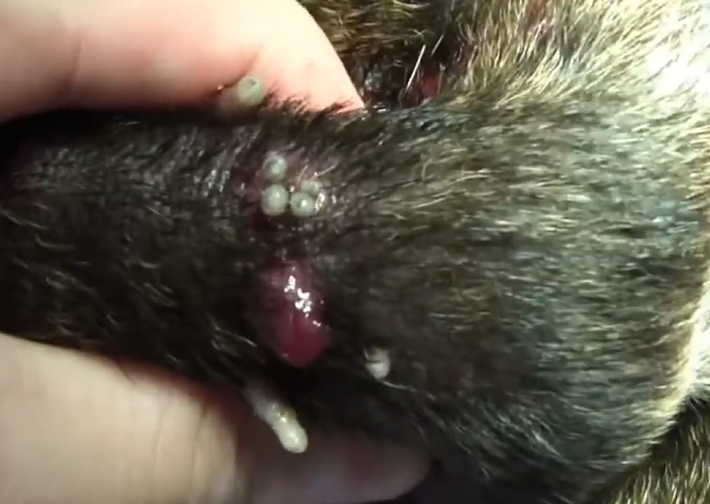
The small dog, named Lucky by her rescuers, was found in a remote village suffering from multiple painful boils caused by mango worms. These parasitic larvae, known scientifically as Cordylobia anthropophaga, burrow into the skin and cause severe discomfort and potential health complications if left untreated.
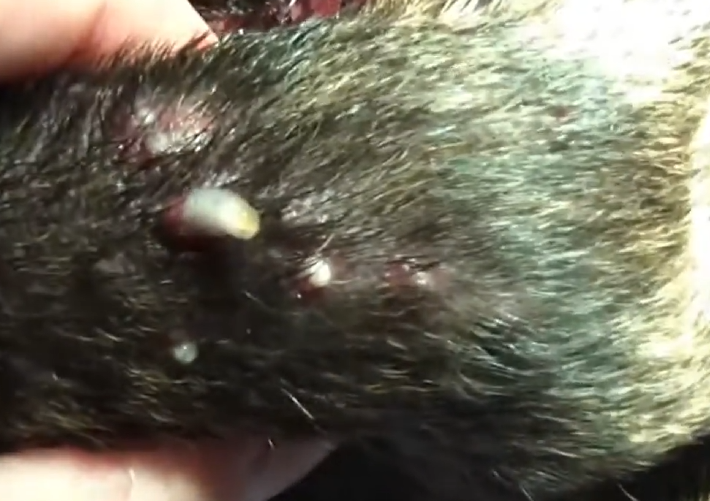
The rescue team, led by Dr. James Mwangi, responded to a distress call from concerned villagers who had spotted the suffering pup. “When we found Lucky, she was in immense pain and distress. The mango worms had caused severe infestations all over her body,” Dr. Mwangi reported. “Immediate action was necessary to relieve her suffering and save her life.”
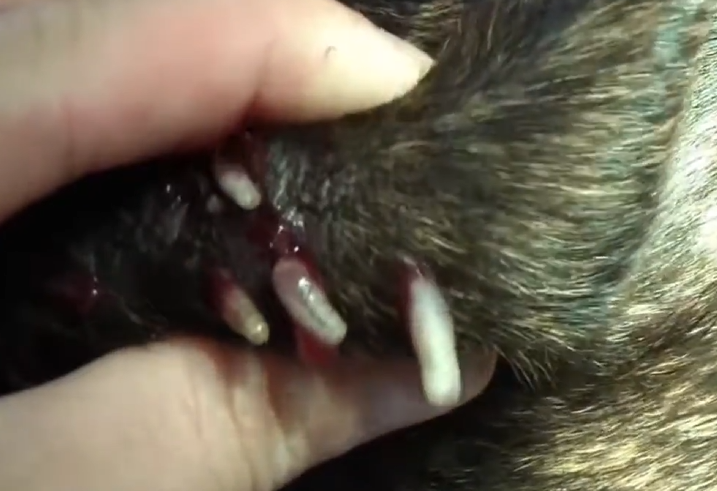
Dr. Mwangi and his team carefully extracted the mango worms from Lucky’s skin, using sterile tools to ensure no remnants of the parasites were left behind. The procedure was delicate and required both precision and patience, but the team’s expertise ensured a successful outcome.
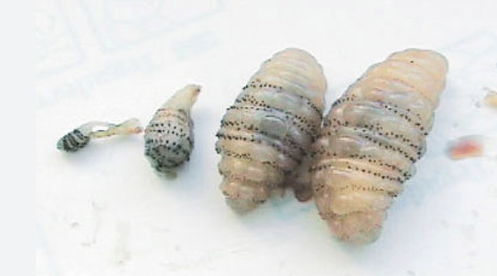
Lucky, who was initially wary and scared, soon calmed down as she sensed the team’s dedication and care. Following the removal of the worms, she was given pain relief, antibiotics, and much-needed nourishment.
“Seeing Lucky’s transformation from a scared, suffering dog to a relieved and wagging-tailed pup was incredibly rewarding,” Dr. Mwangi shared. “It’s moments like these that remind us why we do what we do.”
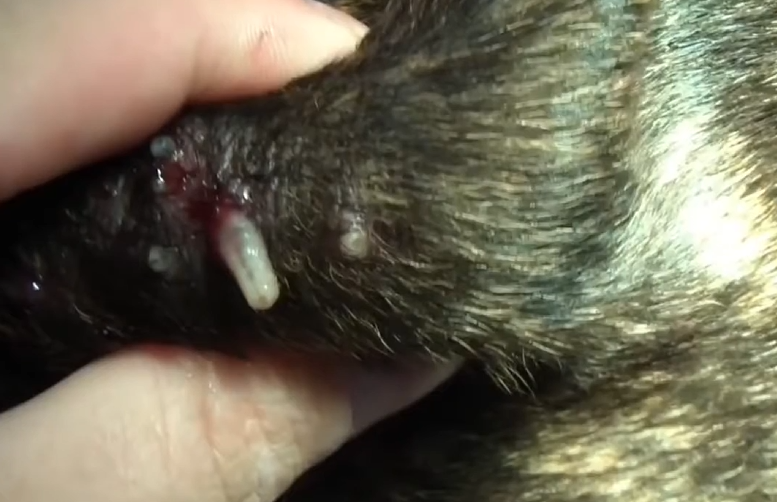
The rescue has sparked a wave of support and concern from the local community and beyond. Many are now calling for increased efforts to educate pet owners about the dangers of mango worms and the importance of regular checks and preventative care.
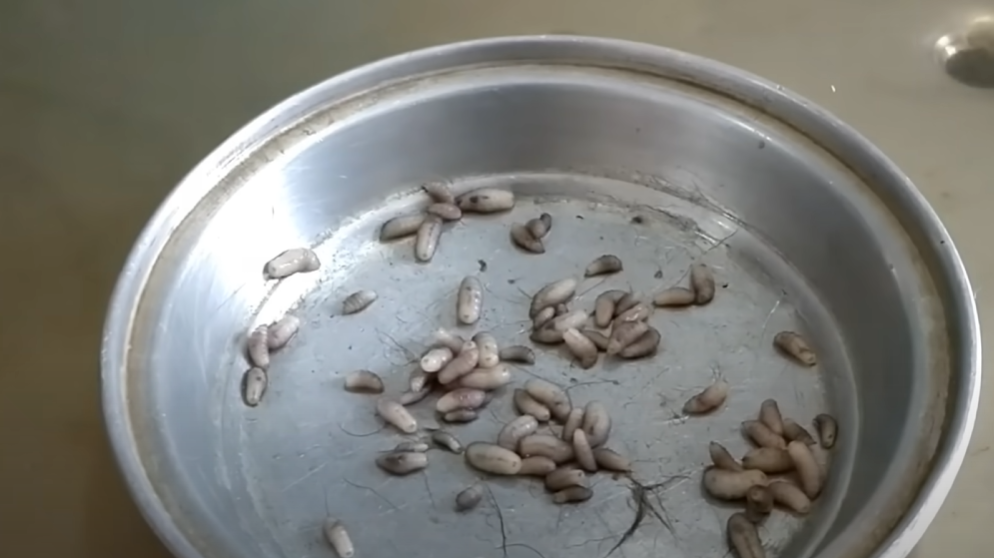
Animal welfare organizations are stepping up their campaigns to raise awareness about parasitic threats and provide resources for pet owners to protect their animals. “Prevention is key,” Dr. Mwangi emphasized. “Regular grooming, maintaining clean environments, and being vigilant about any signs of infestation can make a huge difference.”
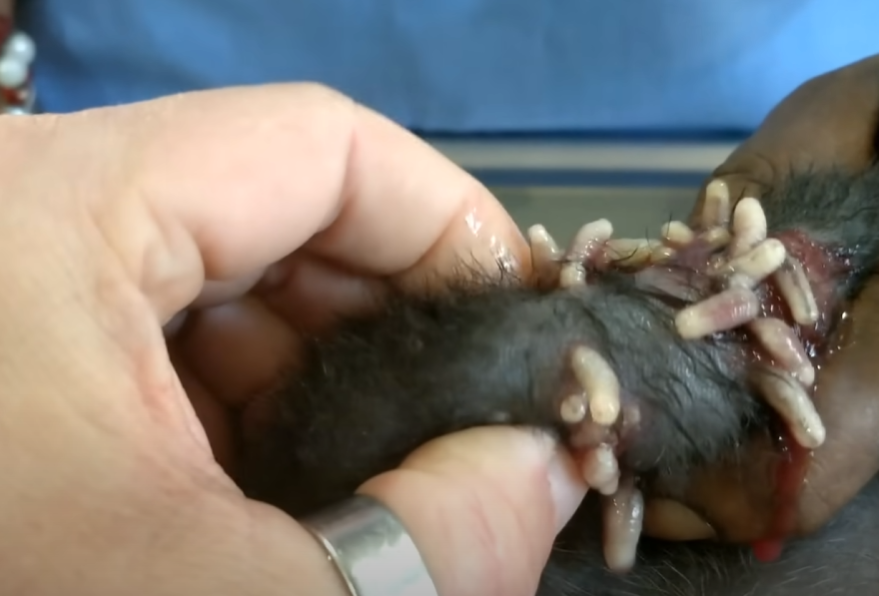
Lucky is now recovering well in the care of her rescuers, who are ensuring she receives ongoing medical attention and a loving home. Her story serves as a powerful reminder of the impact of compassion and the importance of proactive pet care.
The heroic rescue of Lucky has inspired many and brought much-needed attention to the issue of mango worm infestations in pets, highlighting the critical role of awareness and community action in safeguarding animal health.

